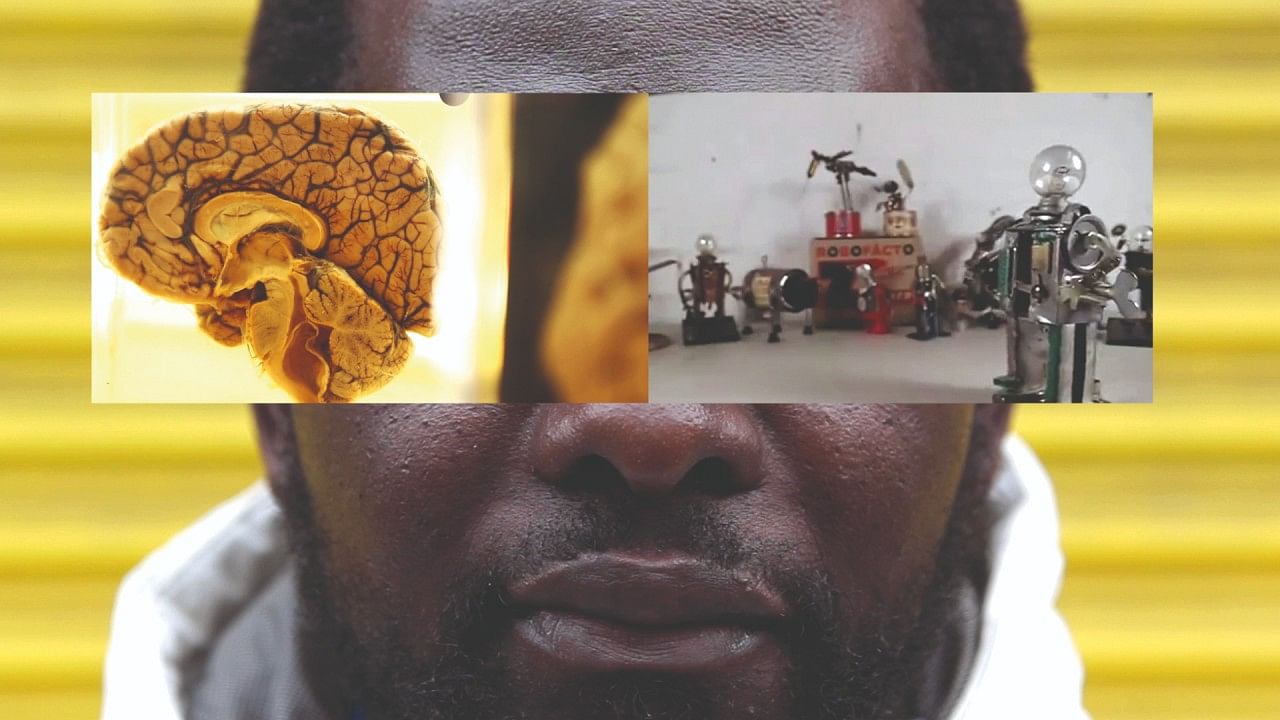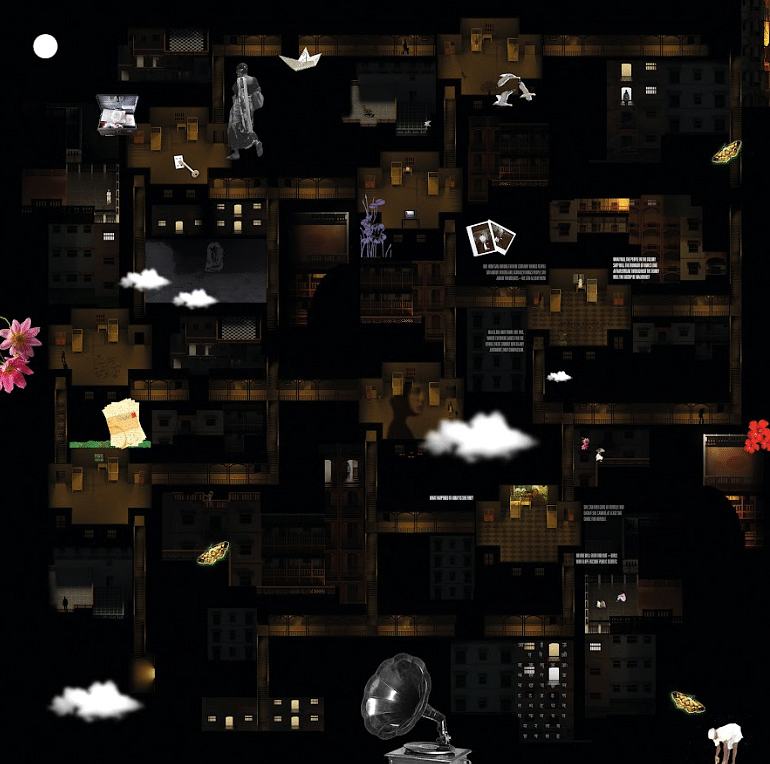

In a country where mental issues—not necessarily mental health issues—are consigned to the domain of 'madness' in one insensitive stroke, a festival that intends "to explore the human mind and the complexities of thinking and feeling" is a bold and expedient initiative.
The ongoing research-cum-exhibition festival, 'Psyche', at the Science Gallery in Bengaluru, is significant for the research-based sensitisation of the community it has undertaken and forcing hitherto tabooed topics under the spotlight of discussion.
"The term 'mental health' is a delicate one as not all mental issues are related to mental health," said Jahnavi Phalkey, the founding director of Science Gallery. "There is a lack of awareness about the issues of the mind, not just in India but elsewhere too. Through 'Psyche', the Science Gallery wants to spread research-based awareness about the mind."
Given the scope of 'Psyche'— which is to turn our minds towards understanding its mysteries—the 45-day festival is inclusive for all age groups. It exposes all issues beyond the common understanding of the topic.
Developed in collaboration with the National Institute of Mental Health and Neurosciences (NIMHANS), The Wellbeing Project and Museum Dr Guislain, Ghent (Belgium), 'Psyche' features ten exhibits, six films and more than 40 live programmes, including workshops, masterclasses, films, discussion forums and public lectures.
A wholly digital exhibit, the various sections of 'Psyche' can be experienced at https://psyche.scigalleryblr.org.The exhibition section, especially, is worth a dive. The sub-sections under Exhibition are: The Asylum, Change My Mind, Black Men's Minds, HAMLETS live, The Serpent of a Thousand Coils, Perspectives on News Events, Synthetic Self, McGill Pain Questionnaire, Playing with Reality, and Schizophrenia and the Brain. While focusing on contemporary mental issues, some of these sections go back in history to trace the development of man's understanding of mental health and the key figures who shaped it.
Of particular interest is the section The Asylum, which traces the history of mental hospitals in India. This discussion, as is well-known, cannot be complete without a detailed reference to Ranchi, the present-day capital of Jharkhand, which had the unique distinction of having two mental hospitals in the 1930s.
The exhibit states: "The hospital for Europeans, administered by the Imperial Government, was run by Lt. Col. Owen Berkeley-Hill, and the Indian mental hospital, administered by the Bengal Presidency, by Major Dhunjibhoy, a Parsi from Bombay."
One of the earliest Indian doctors to humanise the treatment of patients with mental disorders, Major Dhunjibhoy was a graduate of the Bombay Medical College and the first president of the Indian Psychiatric Society in 1947.
Ranchi's mental hospitals continue in different avatars today, the European one as the Central Institute of Psychiatry (CIP), and the other as the Ranchi Institute of Neuro-Psychiatry and Allied Sciences (RINPAS).
In an interview with Deccan Herald, Phalkey shares that she would like the work of Science Gallery to spread to different parts of the country, for which she is already in talks with five institutions. However, she adds that it's not the funding but empathy for mental issues that challenge expanding the programming.
"Sensitising the community is an important part of the work we have been doing since we started public programming in 2019. If we bring a difference in the thinking of even a fraction of the population, we would have accomplished something," Phalkey said.
'Psyche' runs through May 15.
(The writer is a New Delhi-based journalist, editor and arts consultant.)